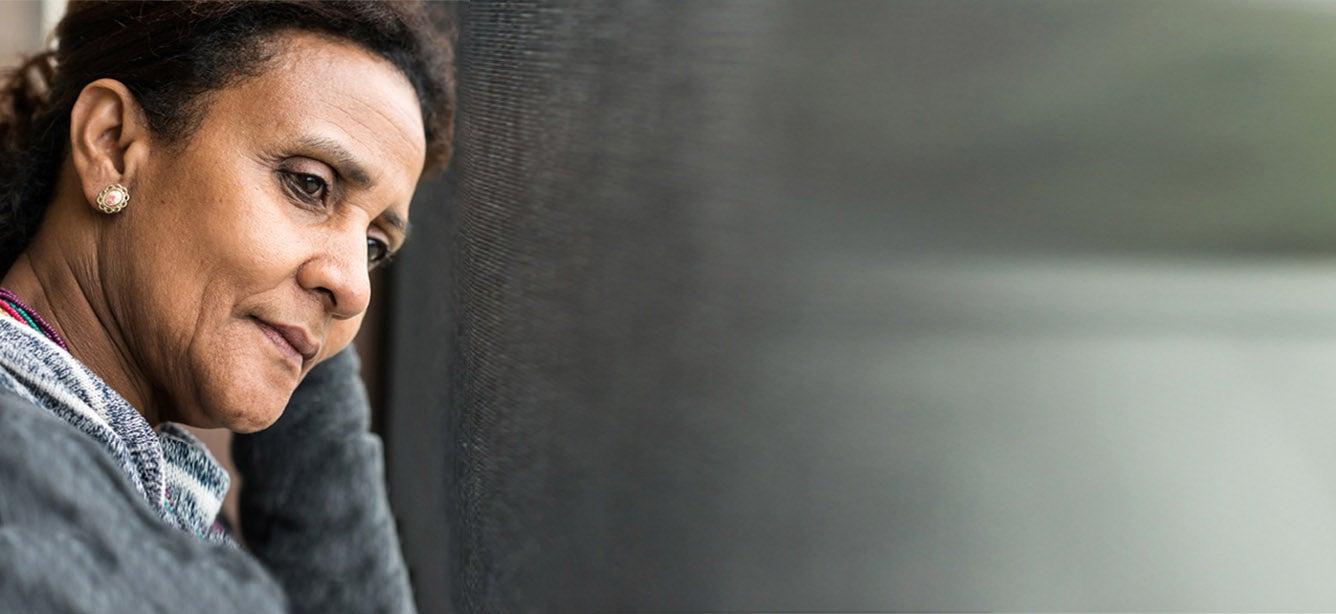Cost of Chronic Disease in Retirement Is Highest for Women and People of Color
3 min read

New analysis by NCOA and UMass Boston finds combined cost of treatment and lost wages is hardest for those with fewest resources
Contact
Simona Combi
Public Relations Manager
571-527-3982
simona.combi@ncoa.org
Arlington, VA (April 21, 2022) — The National Council on Aging (NCOA), the national voice for every person’s right to age well, has found that the economic burden of chronic disease in the United States falls more heavily on women and people of color aged 60 and over, who also have the lowest incomes and other assets to afford it, according to a new analysis released today. The research was done in collaboration with the LeadingAge LTSS Center at the University of Massachusetts, Boston.
“Health and economic security are completely intertwined,” said Ramsey Alwin, NCOA President and CEO. “A person’s health impacts their wealth and vice versa, especially as we age."
As in many other areas of our society, the heaviest burden of chronic disease falls on those older adults who can least afford it. Our country must do better to address these issues.”
The two research papers, titled Chronic Inequities, found that the costliest chronic diseases for older adults in treatment and lost wages are:
- Alzheimer’s / Dementia – $48,701 per person per year
- Cancer – $30,028 per person per year
- Diabetes – $20,137 per person per year
While diabetes, cancer, and hypertension are the costliest chronic diseases across all Americans aged 60 and over when factoring in both treatment and lost wages, there are variations by race/ethnicity:
- For whites, cancer tops the list at $252.1 billion yearly.
- For Blacks, diabetes and hypertension are nearly tied at $35.4 billion and $35.3 billion yearly, respectively.
- For Hispanics/Latinos, diabetes is the costliest at $40.9 billion yearly.
The analysis examined data from the 2018 wave of the nationally representative Health and Retirement Study for those aged 60 and older, which included 11,820 people. The authors identified those who lost wages due to chronic disease and divided this sub-group into quartiles with various numbers of chronic diseases to see which groups are at higher risk of losing income due to chronic disease. Among those findings:
- The people with the highest cost burden because of lost wages (exceeding $25,000) were in the worst overall health with a staggering 69.9% reporting fair/poor health as well five or more chronic diseases.
- Older women make up two-thirds of those in the top 25% of the population for highest yearly burden when both treatment costs and lost wages are combined. At the same time, they also have the lowest household incomes and the highest out-of-pocket medical expenses.
- Older Blacks and Hispanics/Latinos who experienced the highest lost wages due to chronic disease have one-third the income of older whites.
“Our analysis also found that poverty among older people of color with chronic diseases ranges from 7 to 16 times higher than whites,” said Marc Cohen, PhD, Co-Director of the LeadingAge LTSS Center @UMass Boston, and co-author of the research.
These disparities are shocking and require the serious attention of policymakers.”
About NCOA
The National Council on Aging (NCOA) is the national voice for every person’s right to age well. Working with thousands of national and local partners, we provide resources, tools, best practices, and advocacy to ensure every person can age with health and financial security. Founded in 1950, we are the oldest national organization focused on older adults. Follow us at @NCOAging.
